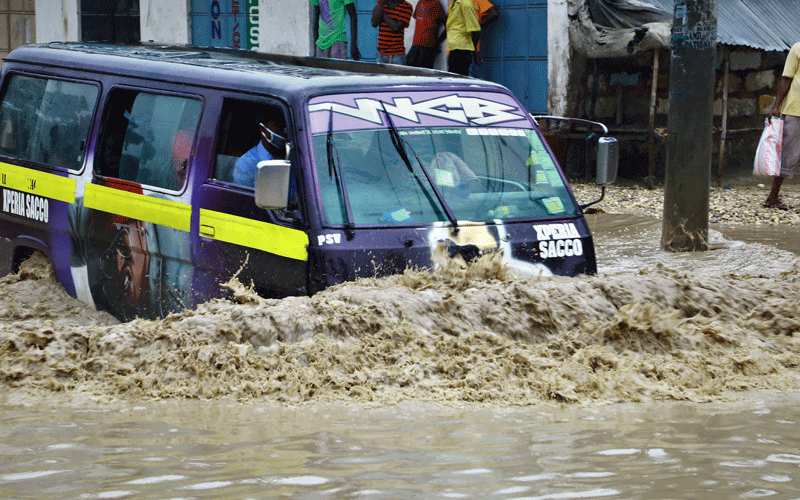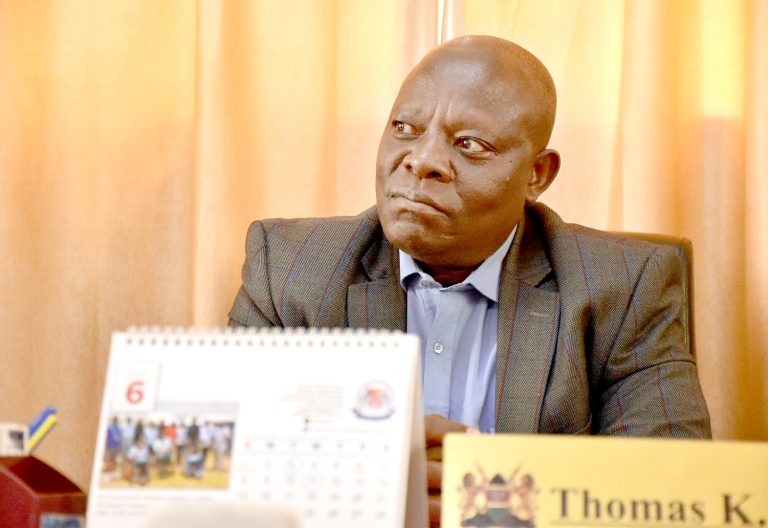Prepare for rains or disaster will strike

Finally, the long rains are here. Months late but the heavens have opened up. Farmers are replanting after the first crop was eaten up by the dry spell that engulfed the country after the brief rain spell earlier in the year disappeared.
All is not lost but the lessons to be learnt are grave. When the rains fell in South Africa it was a deluge. Almost 500 people have since lost their lives after floods wreaked havoc on the coastal region of KwaZulu Natal.
The damage done has been immense. More than 10,000 people have been left homeless, 60 hospitals and more than 550 schools have been damaged with more than 4,000 homes completely destroyed. And the country is expecting more intense rainfall this week.
Here in Kenya, heavy rains always cause damage to property, families living in parts of Rift Valley and Central are perennially at the risk of being marooned or become victims of landslides. The problem is the government does not seem to learn any lessons. Climate change is no longer a phenomenon; it is a reality we are living with.
The adverse effects it has brought is there for everyone to see. But have we adjusted our sails accordingly? In the budget estimates made public two weeks ago, the Treasury Cabinet Secretary Ukur Yatani says to grow the economy, the government will accelerate implementation of the Big Four Agenda; that it will expand access to quality social services; that critical infrastructure needs to be expanded among other novel ideas.
Disaster management is not expressed in the strategic interventions anchored in the Medium-Term Plan III.
Reality of the matter is if we do not take climate change as seriously as we ought then the gloom will accompany doom. The government should roll out interventions targeted at possible floods and landslides.
Communities that are vulnerable should be moved to safer grounds before it is too late. Shelters in strategic regions ought to be done before disaster strikes. Clearing of drainages should be prioritised in cities and towns.
Budgetary allocation for these interventions should not be left to the whim of government officials whose interest could be in other areas. We should not be seeking supplies while at the same time sheltering from the rains.
Failing to plan is planning to fail and the earlier we get it right the better.












